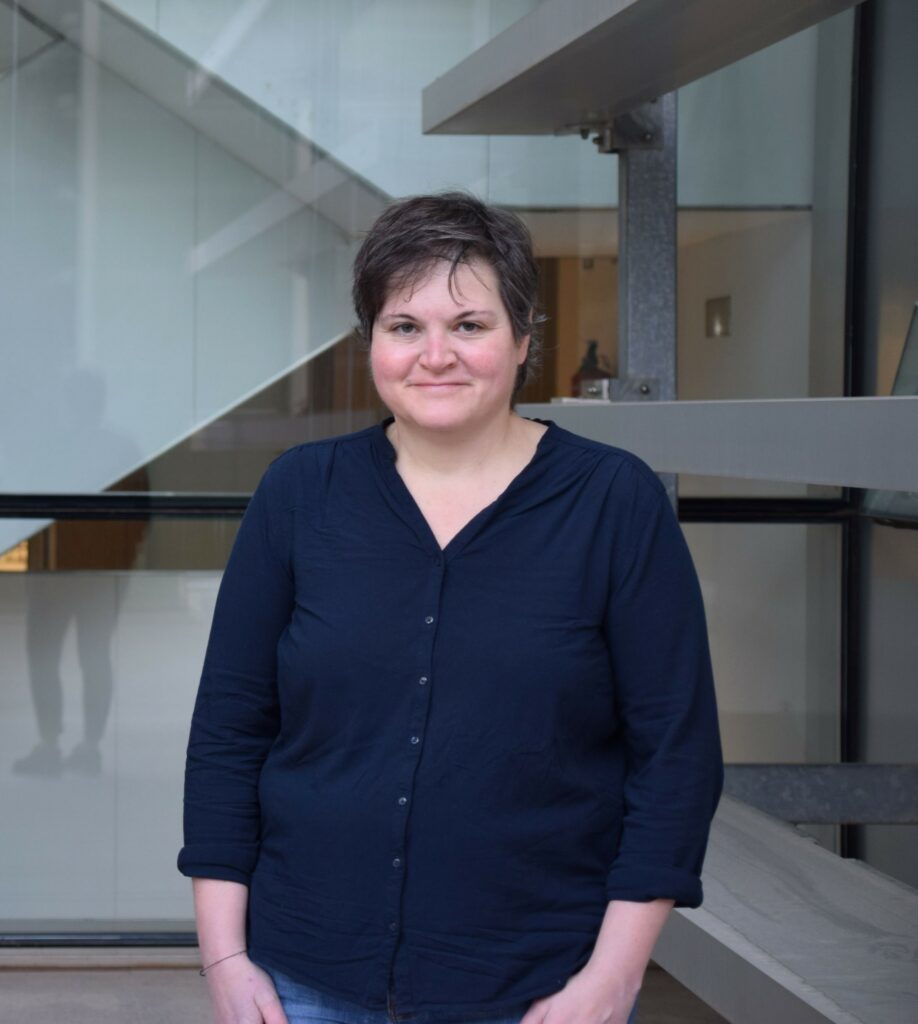Stefania Carobbio obtained her biology degree from the University of Geneva where she obtained her PhD focused on diabetes, pancreatic beta cells and insulin secretion in preclinical models. The award of a Swiss National Foundation fellowship (2007) and of a Marie Curie Fellowship (2008) allowed her to join the Institute of Metabolic Science (IMS) at the University of Cambridge in Prof. Vidal-Puig’s group as postdoctoral fellow working on the mechanisms of energy expenditure and I discovered key genes involved in the activation of brown adipose tissue thermogenesis as well as increased or impaired white adipose tissue expansion capacity and obesity. In 2013 she joined the Wellcome Sanger Insitute as senior research associate in the lab of Prof. Vidal Puig.at the Wellcome Sanger Insitute, Hinxton,UK, opening up an innovative research area using human pluripotent stem cells to model energy expenditure as a new strategy to prevent obesity through BAT recruitment and activation.
In 2021 Carobbio moved to the Centro de Investigacion Principe Felipe (CIPF) in Valencia, Spain as Junior PI to start her own group (Obesity, Diabetes and Comorbidities group) with the support of a CIDEGENT grant from the Generalitat Valenciana, a grant from the Ministry of Science and Innovation and a small grant from the Fundación E. Rodriguez Pascual and now the support of the EDC-MASLD collaborative grant from the European Commision. At CIPF, she is the coordinator of the Metabolic Disorders program.
Carobbio scientific interests include: i) Lipotoxicity and adipose tissue expansion: understanding the mechanisms uncoupling adiposity and associated metabolic complications to promote a healthy adipose tissue expansion, ii) Thermogenesis: Identifying molecular mechanisms that control energy expenditure via sympathetic tone to brown adipose tissue and directly regulate its activation in both mouse and human context.
iii) Lipotoxic lipid species: Understanding how the disruption of specific lipid species can affect adipose tissue expansion and lipid metabolism in critical metabolic tissues such as the liver iV) EDCs effect on MASLD: understand how endocrine disrupting chemicals affect the progression of MASLD.
